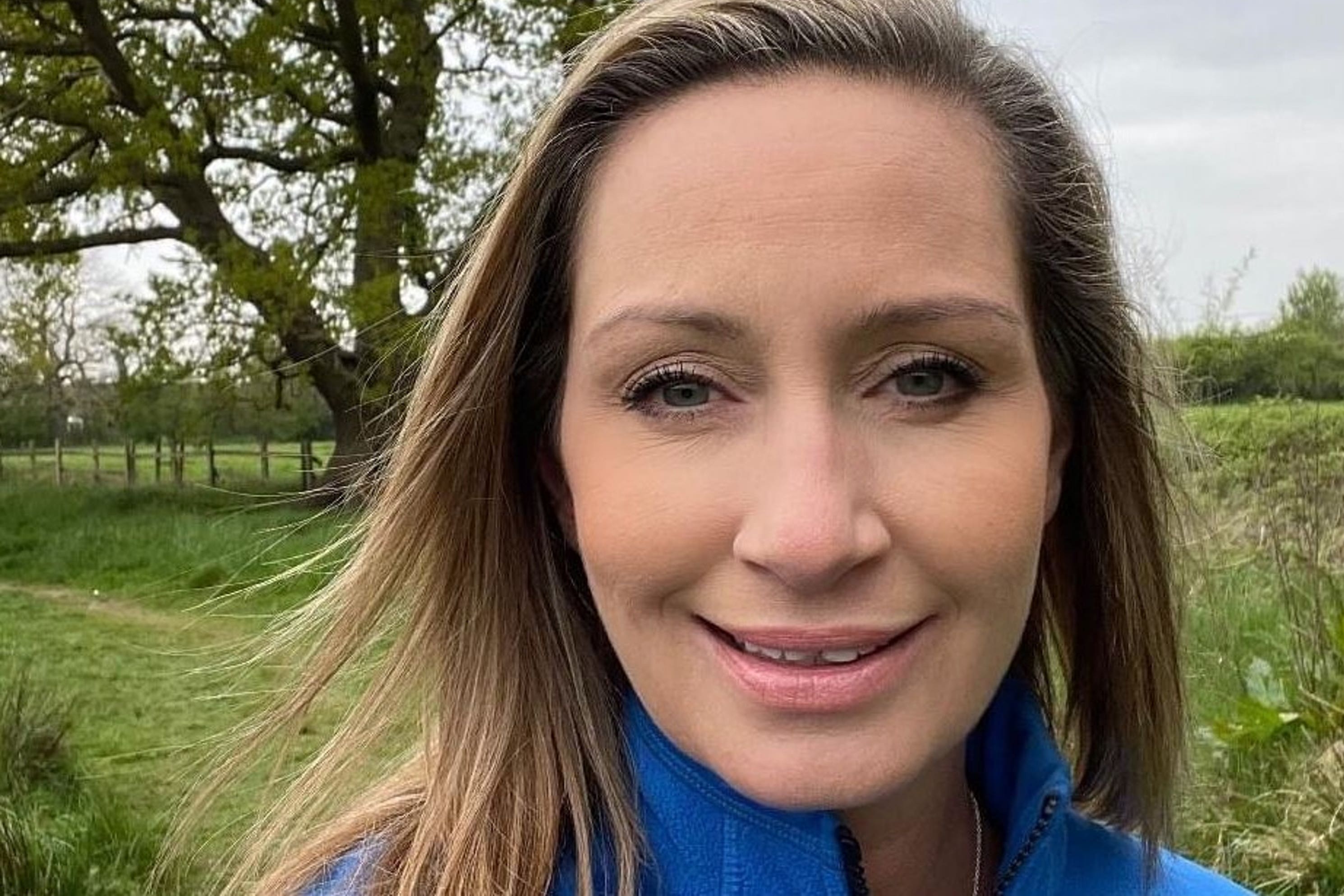Body of Nicola Bulley identified by dental records, inquest told
The mother-of-two had been missing for more than three weeks before her body was discovered in the River Wyre on Sunday.

Your support helps us to tell the story
From reproductive rights to climate change to Big Tech, The Independent is on the ground when the story is developing. Whether it's investigating the financials of Elon Musk's pro-Trump PAC or producing our latest documentary, 'The A Word', which shines a light on the American women fighting for reproductive rights, we know how important it is to parse out the facts from the messaging.
At such a critical moment in US history, we need reporters on the ground. Your donation allows us to keep sending journalists to speak to both sides of the story.
The Independent is trusted by Americans across the entire political spectrum. And unlike many other quality news outlets, we choose not to lock Americans out of our reporting and analysis with paywalls. We believe quality journalism should be available to everyone, paid for by those who can afford it.
Your support makes all the difference.Nicola Bulley was identified by her dental records, the opening of an inquest into her death has heard.
Preston Coroner’s Court was told maxillofacial surgeon Andrew Ian Edwards had examined the 45-year-old’s dental records, which had been obtained by police from her dental surgery.
Speaking at the opening of the inquest into the mother-of-two’s death, senior coroner Dr James Adeley said: “He examined the body that was located in the River Wyre near Rawcliffe Road in St Michael’s on Wyre at 2.15pm on February 20.”
Dr Adeley said the surgeon found restorative work carried out was identical.
He added: “I am satisfied on the balance of probabilities, and more, that positive identification has been made.”
The hearing, which lasted about five minutes, was not attended by Ms Bulley’s partner Paul Ansell or any other family.
Dr Adeley said: “The family have been informed of the date, time and place of the opening of the inquest and have chosen not to attend for reasons I can quite understand.”
He said remaining evidence gathered by police and the post-mortem examination required “further evaluation” and a full inquest was likely to be held in June, once availability of a Home Office pathologist had been checked.
“This will allow time to collate the facts of the case and allow the experts involved to finalise the findings from investigations that still need to be undertaken,” the coroner said.
Ms Bulley’s body was pulled from the River Wyre in Lancashire on Sunday, more than three weeks after she was last seen on January 27.
She had been walking her dog in St Michael’s on Wyre after dropping her daughters, aged six and nine, at school.
In a press conference on Monday, Lancashire Police described the investigation into her disappearance as “hugely complex and highly emotional”.
However, it did not address the widespread criticism it had received for releasing some aspects of Ms Bulley’s private life into the public domain.
Police also did not disclose why it took 23 days to find her body in the river.
Ms Bulley’s family said in a statement on Monday that they can let her “rest now” following the discovery of her remains.